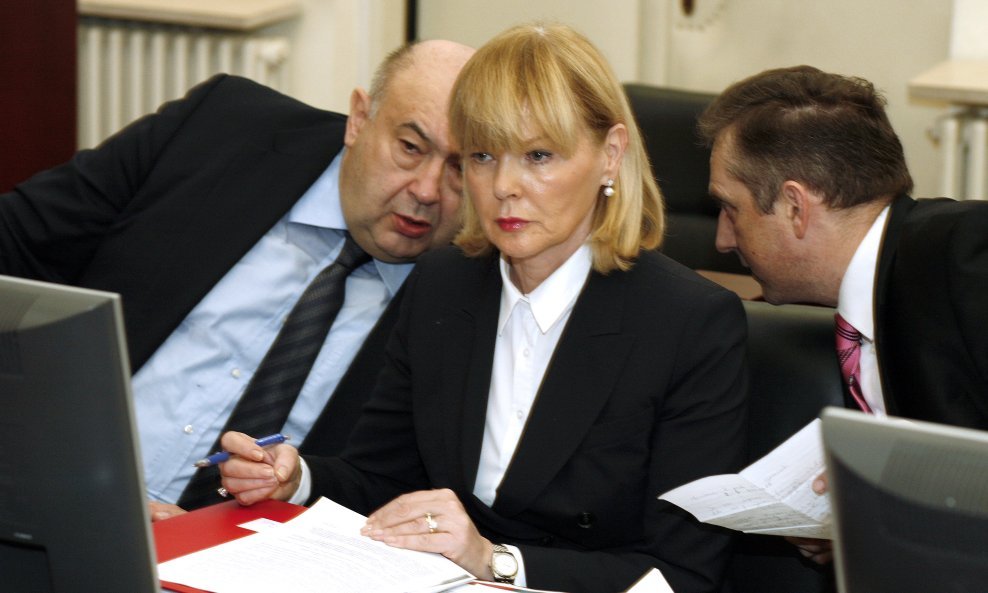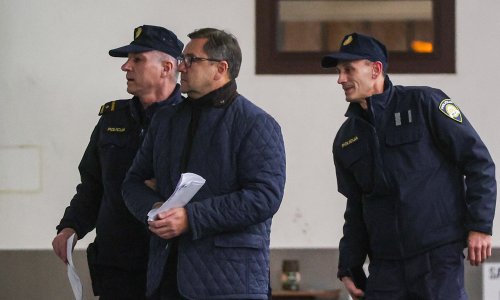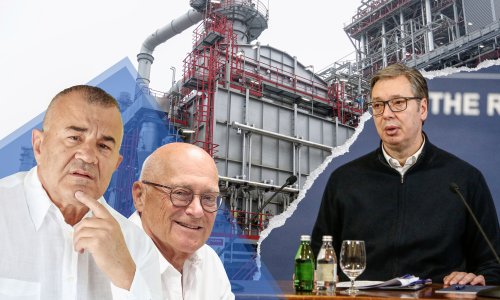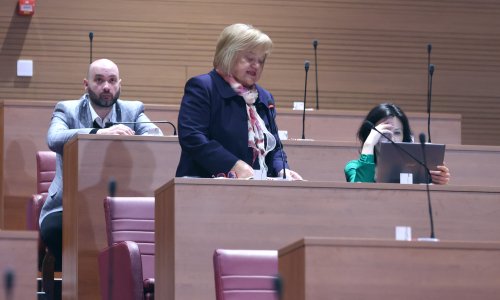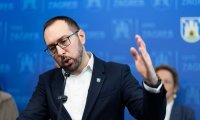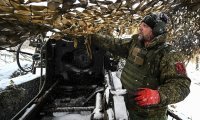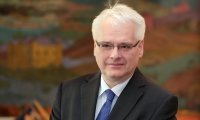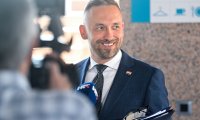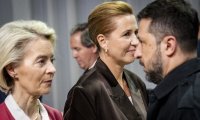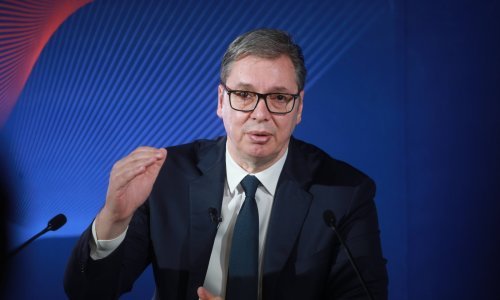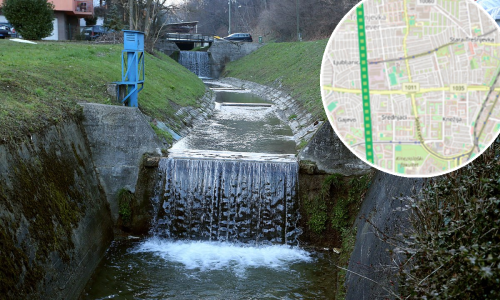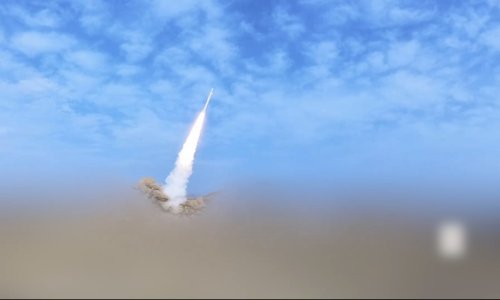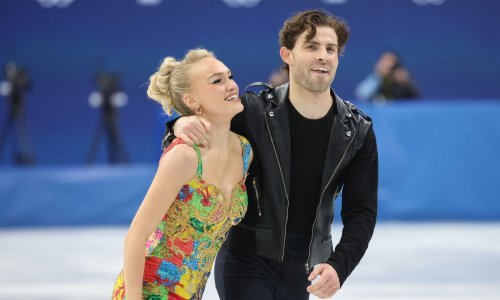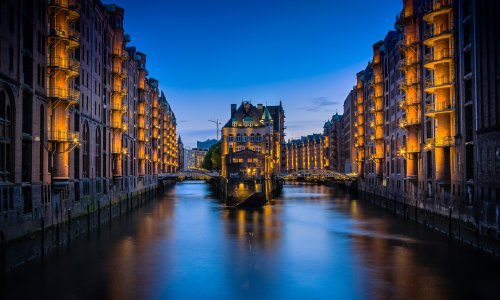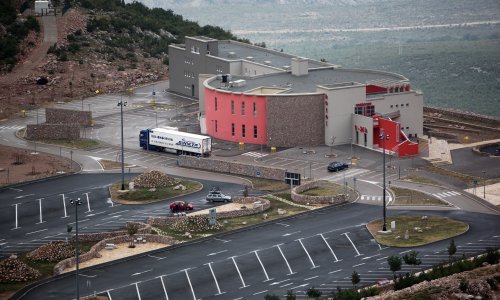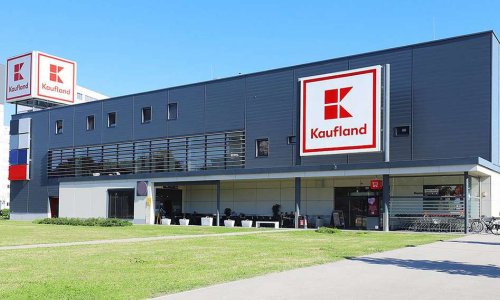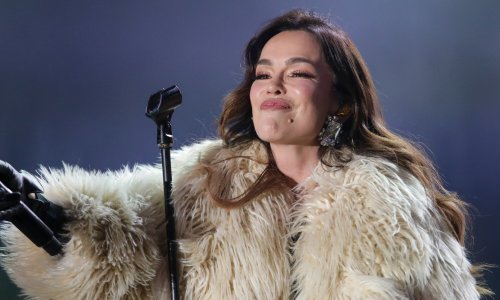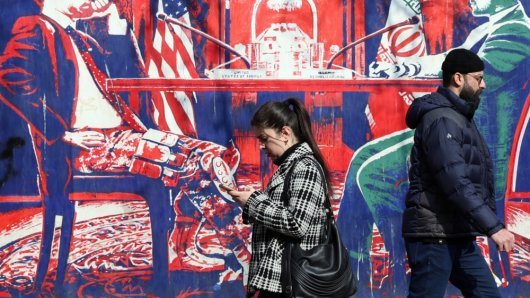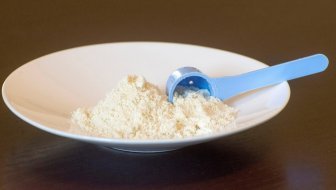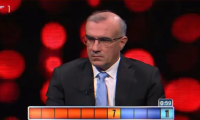Former Prime Minister Ivo Sanader's defence moved on Friday that Russian oil magnate Mikhail Gutseriev be called to testify in the INA-MOL case, claiming that it was he and not the Hungarian oil company MOL that paid EUR 5 million into the account of Robert Jezic, the key witness in Sanader's corruption trial who told the Zagreb County Court that he received from MOL a bribe for Sanader.
According to counsel Jadranka Slokovic, Gutseriev said during questioning in Hungary that he paid Jezic EUR 10 million "for lobbying which Jezic was supposed to do in Croatia."
"That didn't happen, as we have already heard, but Jezic hasn't returned the money. Given that we are talking about a person who owns a big oil company in Russia, has many firms and has absolute credibility, I think the court should call him to testify and to hear what he has to say about why the money was given to Jezic," Slokovic said after today's hearing in Sanader's INA-MOL trial.
The Zagreb County Court is expected to rule on the defence's motion on March 22, when Imre Fazekas , director of the Hangarn Oil Products, should testify. According to the media, he said during the investigation in the case that the Russians paid EUR 5 million into one of Jezic's accounts for a gas storage facility in Krk, Croatia.
That was the argument Sanader's defence used to refute Jezic's testimony that MOL paid into the account of his Swiss company Xenoplast half of a EUR 10 million bribe so that Sanader would assure for MOL the dominant position in the Croatian oil company INA.
At today's hearing, the defence decided not to question INA supervisory board chair Davor Stern, and asked the court to obtain a file from Hungary containing a notice to the effect that charges against an unknown perpetrator for bribing Sanader have been dropped.
Sanader is accused of taking a EUR 10 million bribe from MOL director Zsolt Hernadi whom Hungarian prosecutors, despite the serious accusations, refused to interrogate, citing protection of national interests and dropping the investigation, claiming there was no proof of bribery in the INA-MOL case.



